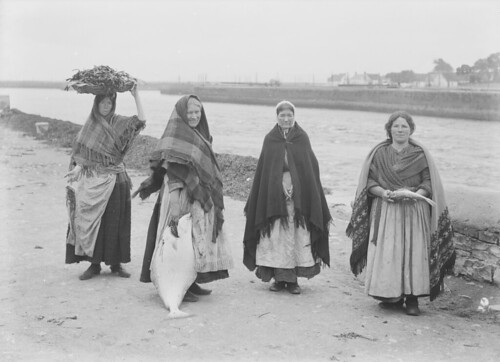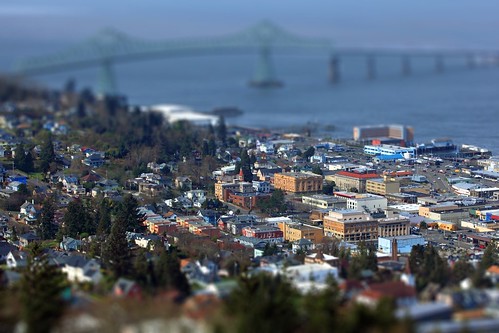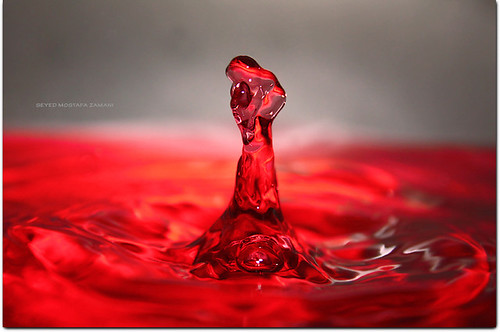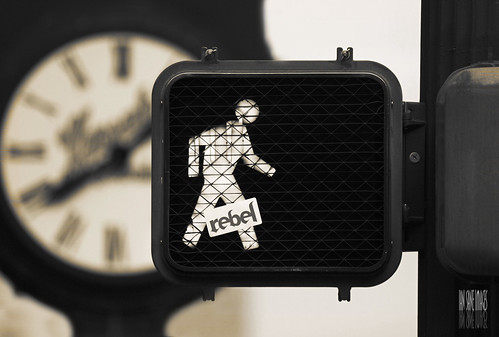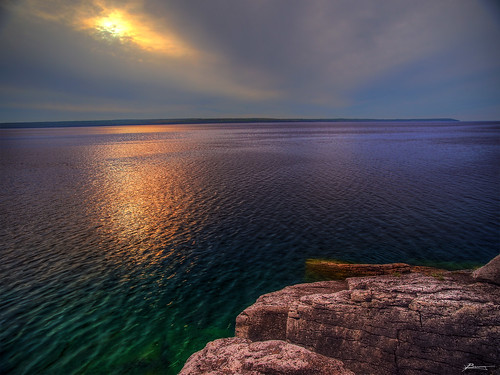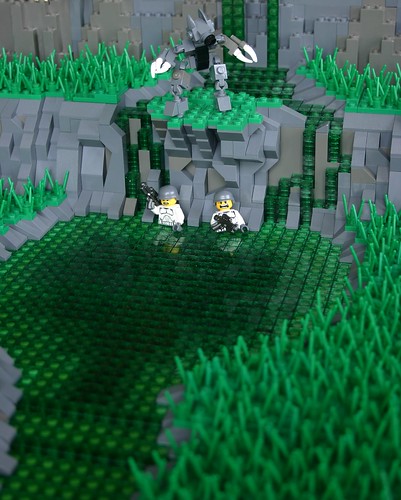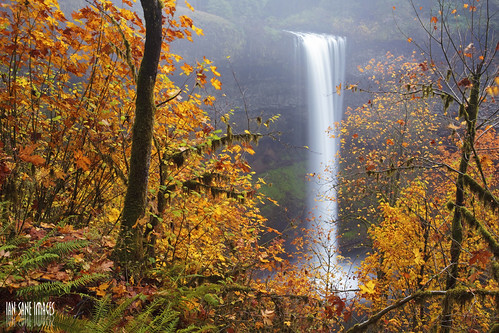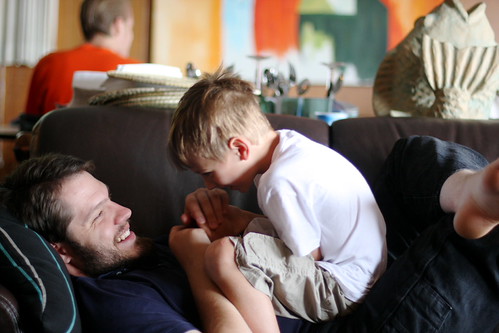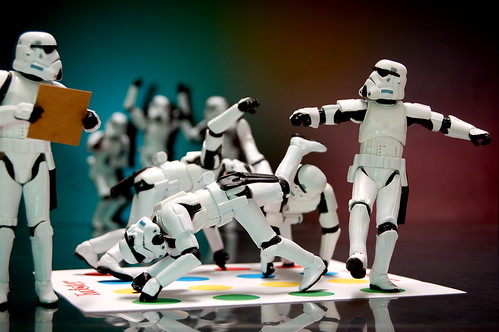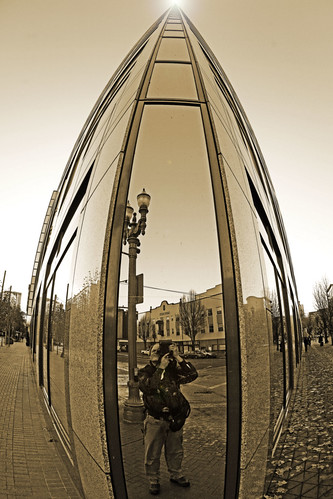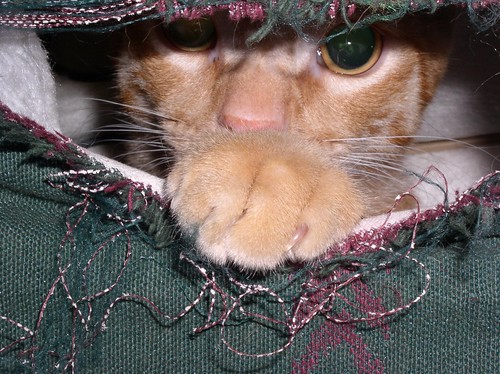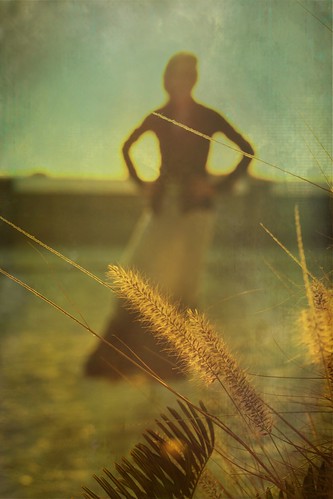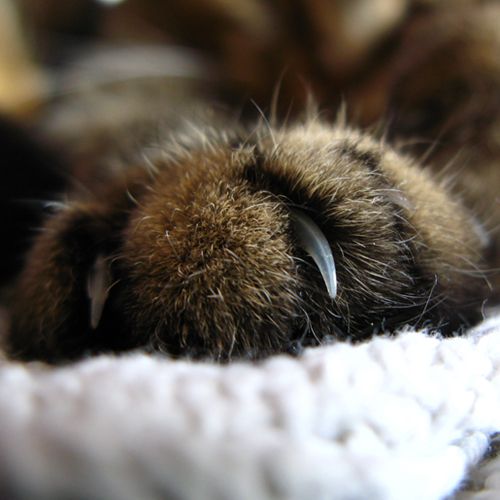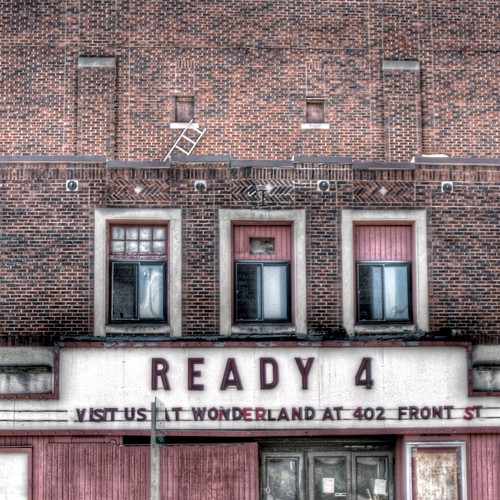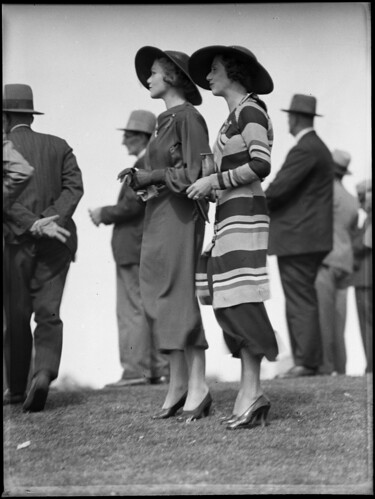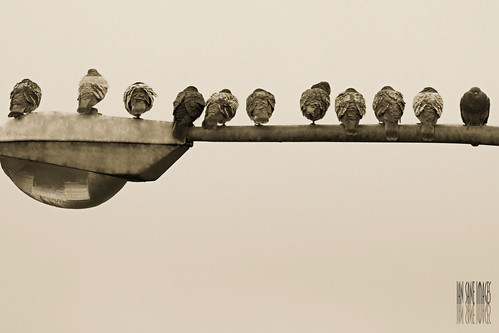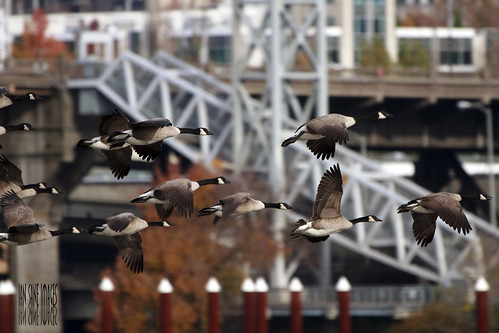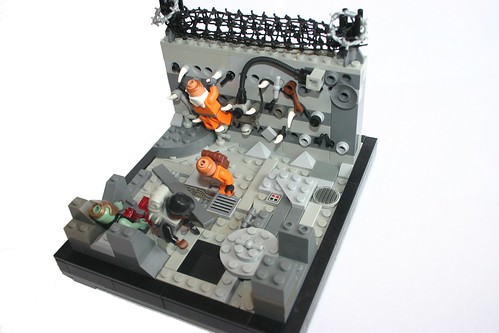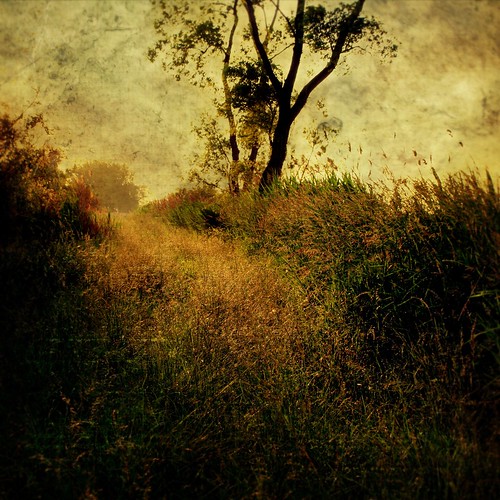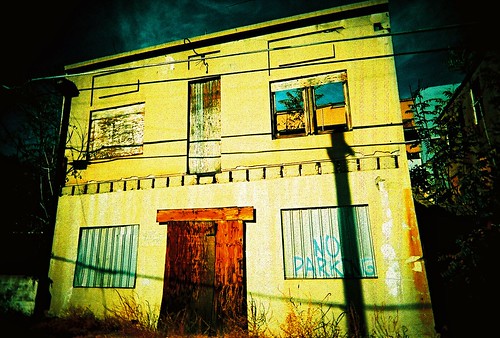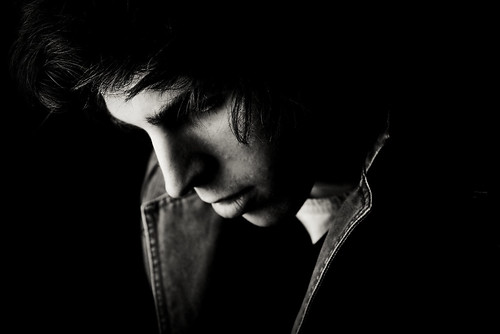but it got me thinking about genre. I do have a fairly fixed idea about the kind of stuff I like to read (comics/novels), watch (films/TV) and otherwise consume (edible food-sagas/olfactory novels) and so on. Oh, and to write - in general, like many writers, I like to write the sort of stories that I'd like to read. I wonder if that's universal...
And it does exclude superheroes. And straightforward genre sci-fi. And straightforward cod-medieval high fantasy. I'm not a big fan of kitchen sink realism either, I like stuff with an element of the bizarre or supernatural mixed in with real-world concerns, whether political, psychological or whatever other form of serious. For a long time I've been quite comfortable with the term "magical realism". Recently I discovered the term transrealism, coined by Rudy Rucker in 1983, and recently revived by an article by Damien Walters in The Guardian. And I felt quite comfortable with that label too.
And I've felt quite proud of my stance.
The two danger words here are, of course, "comfortable" and "proud". Pride comes before a fall, and comfortable comes before an armchair, or pair of slippers usually. Either word signifies a lack of original thought.
To quote from the blurb on the back of my book Myths of this World (available from Lulu in a range of formats to suit all pockets, shelves, devices and budgets):
"This is not a collection of folk tales, but modern short stories taking folk tales, myths and legends as a starting point. I hope they challenge you, change you and enrich your life in some way."
I've no wish to plough the same furrow with my new improvised work, and so I've been deliberating the exact nature of that story while preparing art from the photoshoots in Kendal a few months back. Without deviating from the magical realism formula (although there's been plenty of hesitation!). The Valkyries question prompted me to question this stance, to challenge myself. Why am I using fantastical devices in my stories? Why am I also striving for realism, for some sort of political/moral "edge"?
At one level, I'm trying to replicate that "a-ha" moment, that comes when the fantastic and real elements of a story meet. When Ofelia is shot by her step-father in del Toro's "Pan's Labyrinth", fulfilling the rules of her inner fantasy world and the reality of 1940's Spain's descent into fascism. The revelation tin Carey's "My Life as a Fake" that Christopher Chubb's arrival in Singapore in a genie-like cloud was down to dry ice used to store some medicine, for the inexplicably fictional-but-real, and dying, Bob McCorkle. The mingling of post-nuclear apocalypse and gnostic mystery in Hoban's "Riddley Walker". The magical worlds throw light on the real world, reflect it back at us in an unfamiliar way, that makes us see things afresh. And the presence of the real shows up the cracks in the fantasy, the contradictions and failings of those beautiful escape-pod worlds.
I'm pursuing a political agenda too. I want to speak about injustices that I perceive in this world, and fiction is a recognised and effective way of doing that. Without having to pursue a career in politics - bonus! The world we're inhabiting is so strange, fantastical and fluid, that fantastic fiction seems like the best kind of fiction to address it.
There's something else too, though. Throwing fantasy and reality together like oil and water, the two don't mix. A work of fiction in which the author knows what they want to say, and construct a set of symbols and meanings which say exactly that, no more or less, is a poor piece of art. The world is not neat, does not make sense, does not fit in the box. Using two diametrically opposed genres at once is a way of opening up to the ambiguity. Good fiction challenges the reader, rather than providing / imposing a pat set of answers.
I don't know whether Ofelia "won" at the end of Pan's Labyrinth, and that's not important. Chewing over the ending, I've noticed that she really did save her little brother, that the brutal, unimaginative Captain Vidal was also constructing stories (around the broken pocketwatches), that the fantasy king and queen are depicted as passive and out of reach, and so on.
I don't know why the invented Bob McCorkle came to life, and why he was dying. Or why he was a better poet than his creator. Whether all the years of waiting and bloodshed over a handful of manuscripts was worth the effort in the end.
I don't know whether Riddley Walker is bleak or hopeful.
It's a bit like life, isn't it?!
But anyway, I knew all that before considering the Valkyies' challenge. That was my comfortably held opinion on the matter.
I'm now asking myself which matters most to me, the lack of closure, the ability to talk politics, or the sheer beauty of watching oil and water mix. And can I only achieve my aim using this particular combination of oil and water.
After all, aren't all comics oil and water - mixing the words and pictures together imperfectly, never quite dissolving in one another, never quite making perfect sense?
I don't know the answer to the questions I'm asking, and that makes me feel a bit giddy!
 Dave Crane
Dave Crane

